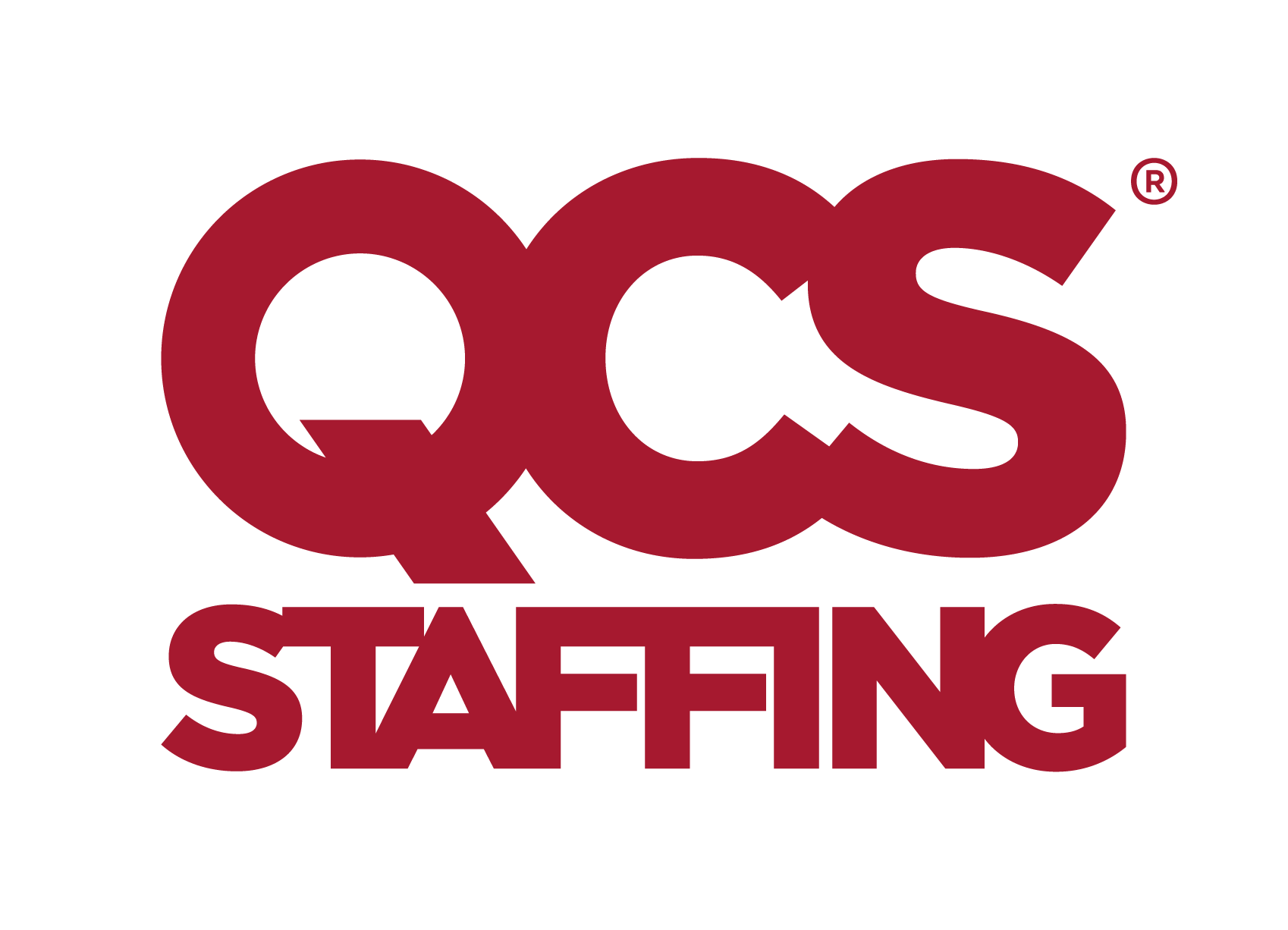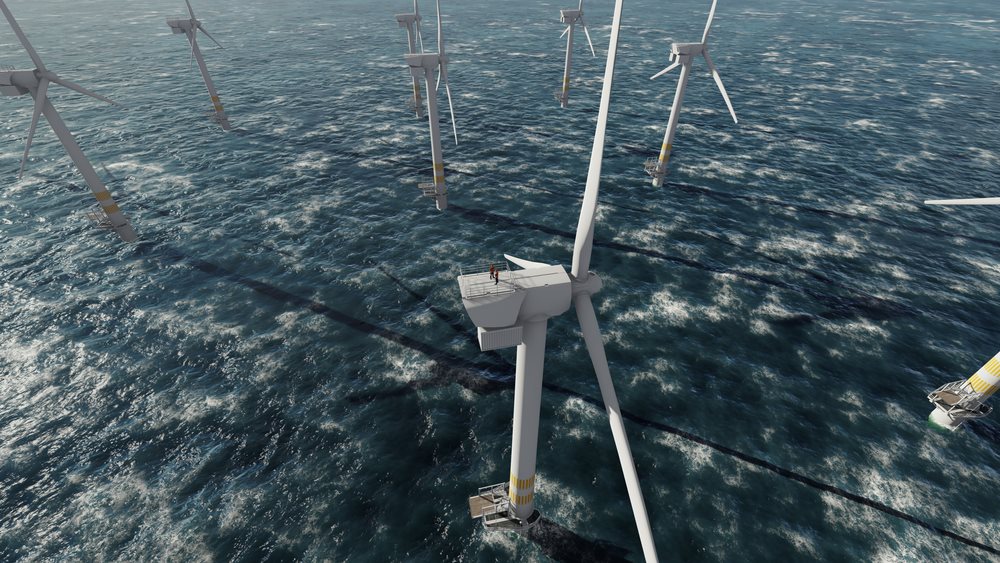Is offshore wind the future? By 2030 it could be powering your home
Offshore wind has fast become one of the most reliable and useful sources of energy. Q4 2019 was a turning point in history when renewable energy production outstripped fossil fuels for the first time. That same year, onshore wind generation increased by 6.5% but the true star was offshore wind generation, which jumped up by 20% .
More countries are starting to look to offshore wind to ensure they meet objectives on their green agenda. A prime example is the pledge from the British government to power all homes with offshore wind energy by 2030, which will go a long way in helping the nation reach its net-zero carbon goal by 2050.
The Global Wind Energy Council predicts that by 2023 this renewable energy source will account for around one-quarter of the world’s wind energy production and it appears that offshore wind could be on track to become a key part of the energy mix. So, is offshore wind the future?
Why is there a growing demand for clean energy?
The reason for switching to a clean energy source like offshore wind is simple – it reduces our impact on the climate. Using renewable energy – a source that naturally replenishes – will enable us to cut carbon emissions and therefore slow down the greenhouse effect.
Many counties are waking up to the idea that renewable energy is the key to Green Recovery . In 2020, the pandemic threw the world into a state of economic uncertainty but the renewable energy market continued to grow. Despite supply chain and construction delays brought about by Covid-19, there was a 5% increase in the generation of renewable electricity . This is a promising sign that the 2020s could be the decade for green growth.
Who are the major players in offshore wind?
Unsurprisingly, with almost 18,000 km of mainland coastline, the UK has earnt the title of one of the leading players in the offshore wind market. But who are the ones to watch in the global offshore wind energy market? Ireland is one rising star, with a strong pipeline of offshore wind projects and the government announced a commitment to having a minimum of 3.5 GW of offshore wind over the next decade. Meanwhile, the US is ramping up its shift to renewable energy by increasing its installed capacity. These nations have made great strides in their commitment to a greener future, as are like Denmark, the Netherlands and Poland, who are laying out plans to ensure they’re not left behind.
The UK’s 2030 bid
The UK government proposed a well-intentioned goal of having every UK home powered by offshore wind by 2030. While the green energy subsector has been booming, some scepticism has been cast on the announcement after the numbers were crunched. Research shows that for the nation to reach an installed capacity of 40GW by 2030, five wind turbines must be installed every week .
In response, the chief executive of Scottish Power, Keith Anderson, shared his confidence that the industry can achieve this goal. In fact, he said, “My only nervousness is that people will start to see the 40GW as a cap”. Rather than let the pledge restrict us, Mr Anderson believes that the growing demand for clean electricity should motivate us to beat the goal.
In the 2021 budget, Chancellor Rishi Sunak eased the minds of those who thought the 2030 bid was at risk of being overlooked. He announced a £20million investment into the development of floating offshore wind tech and an additional £68 million fund to be injected into UK offshore wind.
The creation of green jobs
Offshore wind investment creates jobs all around the globe and this particular pledge to invest £160 million in the UK’s offshore wind market could support 60,000 clean energy jobs by 2030. As new green targets are announced and more investments roll in, the renewable energy job market will be in a stronger position to attract the top talent and even encourage candidates from other sectors to explore a green career. There are many roles within renewable energy, like project manager, supply chain specialist, engineer, quality assurance and quality control, that are viable career options for those with a background in another alternative.
Various locations around the UK have been granted Freeport status to help regenerate, drive growth and boost the job market. The announcement of eight new Freeports in the 2021 budget is expected to boost offshore wind investment and even create new offshore wind hubs.
Make a difference with a job in renewable energy
Current targets state that all UK homes will be powered by offshore wind in less than a decade but industry experts reveal that the market has the potential to exceed our expectations. Confidence in the renewable energy market has remained high even throughout a pandemic but there’s one thing that companies are mindful of – the supply of talent.
As demand for offshore wind energy ramps up, so does the need for more candidates to join the sector. Whether you have experience in renewable energy or have relevant experience, we want to help you find a job. Start by viewing our renewable energy jobs and get in touch to speak to a member of the QCS Staffing team for advice on your next career move.







